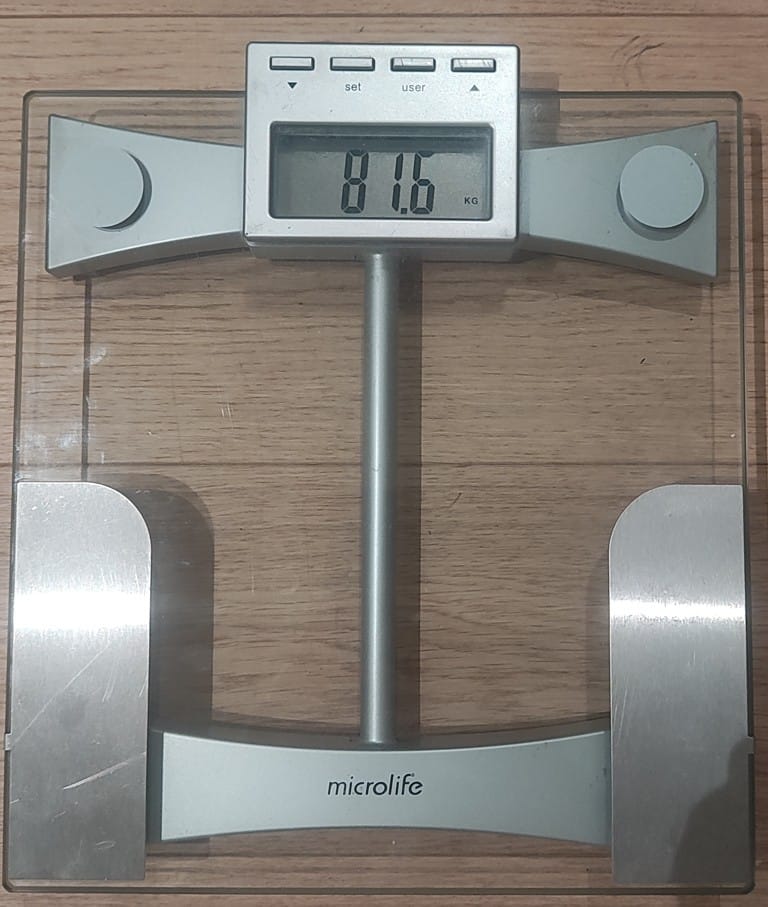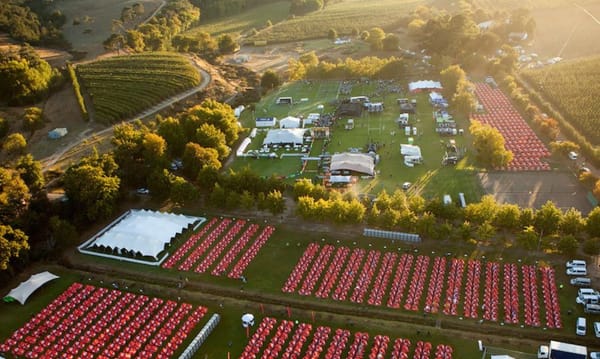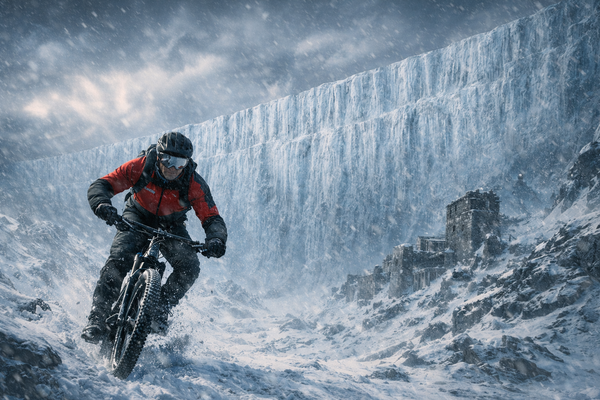Scales don't lie: my Cape Epic weight loss plan

This morning I stepped on the scale: 81.6kg. BMI 24.1. Technically healthy, but those SEG Cyclinglab results show that every kilogram matters when you're trying to cylcle up mountains. Jeroen's at 18.1% body fat, I'm at 21.1%, so there's definitely room for improvement! Especially when you consider Jeroen is a staggering 1.97m tall, whereas I am a quite normal 1.84m.
My goal for Cape Epic in March: 74kg! That's 7.6kg to lose in 7 months, which considering healthy weight loss practices, is perfectly feasible. But it doesn't come by itself.
Why it matters
The math is straightforward. Every kilogram you carry up a mountain costs energy. Over eight days of racing with thousands of meters of climbing each day, those extra kilos add up to real time differences. The Cyclinglab predictions showed Jeroen climbing Alpe d'Huez 12 minutes faster than me. Surely, some of that's fitness, but some of that's the extra weight.
For climbing, power-to-weight ratio is what counts. I can work on power, but my not have the double-edged sword? Dropping weight essentially is a ''free path'' to improvement when you have some kilos to spare kilos. A 74kg mark would put me at a BMI of 21,9, which is perfect considering the 20-25 bandwidth that qualifies as ''healthy'' in the generic population.
The approach
Nothing radical. Maybe not even anything. For sure, no crash diets or cutting out entire food groups. A long, long time ago I studied Food & Business, where I've learnt a few things on dietetics, and having a healthy nutrition pattern is something that I adhere to quite well (generally speaking then..)
The little things I'll pay more attention to : cut back on snacks and maintain my current, almost zero, intake of beer or wine. Other than that, stick to what we're already doing well. We cook all meals at home with fresh ingredients with plenty of vegetables. That, with the additional training effort for now should do the job.
Why slow works better
The standard advice is 0.5-1kg per week for sustainable weight loss. For athletes (in which group I do not put myself yet), it's even more conservative - around 0.5kg per week to avoid messing with training and recovery. My target of 7.6kg in 7 months works out to about 1.1kg per month, which fits those guidelines.
Fast weight loss usually means losing muscle along with fat, which defeats the purpose when you're trying to improve your performance. Slow weight loss with consistent training helps keep muscle while losing the fat that doesn't help performance.
The timeline
Seven months gives me room to lose weight gradually without impacting training. The key is avoiding any rapid drops in the final months before the race. I probably want to be around 75.5kg by end of December, then fine tune towards 74kg end of February.
There's evidence that athletes perform better when they reach goal weight well before their key event, rather than trying to cut weight right up to race day. Your body needs time to adapt to performing at the lower weight.
What it means
This isn't about the scale number - it's about optimizing power-to-weight ratio for climbing. If I can drop 7.7kg while maintaining or increasing power through training, that's meaningful improvement in my ability to keep up with Jeroen on climbs.
My current 230W FTP works back to 2,8W/kg. Even if I don't increase my FTP at all, it goes to 3,1W/kg. So this is where the double-edged sword comes in.
My crazy goal is an FTP of 300W (which the guys at Cyclinglab probably will laugh at me for big time). Combine that with 74kg and ''all of sudden'' you're at 4W/kg, which is a massive difference from where I currently am.
Will it close the entire gap? Probably not, as Jeroen also will improve over time. But combined with the base fitness work I need to do, it will get me much closer to him. Even if I only lose 5kg instead of 7.7kg, I'm still better off. It's about making meaningful progress, not hitting exact numbers.
Keep chasing!





